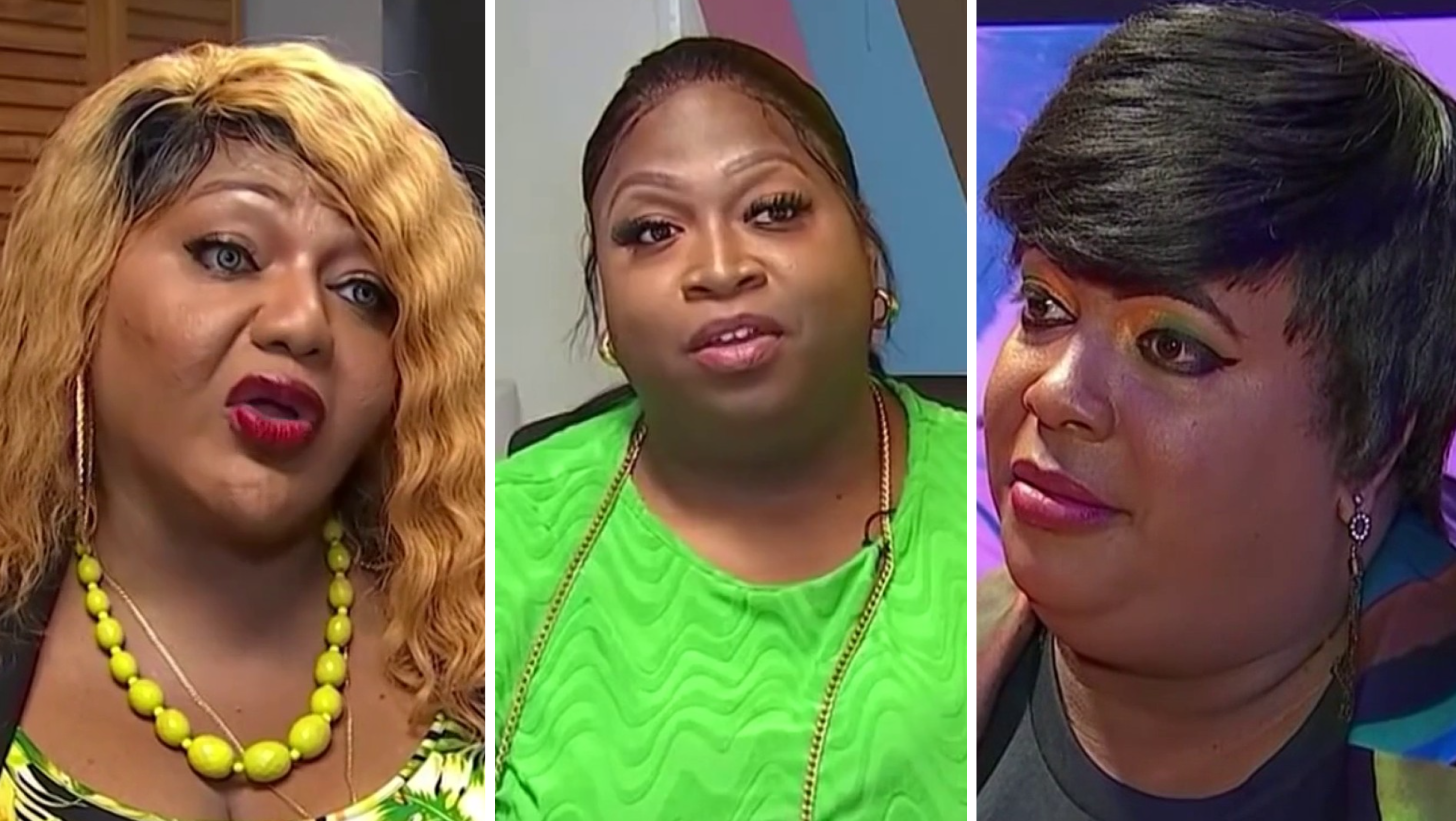Kicked out of the house, on the streets, and homeless – unfortunately, that’s the reality and experience of way too many youths who are transgender.
According to one organization, a staggering third of LGBTQ+ youth reported experiencing homelessness or housing instability. That number is even higher for transgender youth.
Watch NBC6 free wherever you are
>We met an 18-year-old transgender teenager who was kicked out of her home because of her gender identity. She spent one night on the streets without a home and ended up living in a homeless shelter to try and get back on her feet.
“I always knew I wanted to be a girl since I was little," Aaliyah King said.
Get local news you need to know to start your day with NBC 6's News Headlines newsletter.
>At 18 years old, Aaliyah now identifies as transgender. She was born a boy but said she always had an inside feeling that something was different.
“I started off with nails and wigs. For a long time, my mother ... she wouldn't allow me to dress feminine in her house … She would call the police. So, I felt like, you know, I had to limit to what I could do," Aaliyah said.
BEYOND GENDER
Aaliyah says things at home got so hostile, she ended up having to move out. And ended up on the streets.
“I went a day. A day. One day. That night was just crazy. It was crazy. It’s kind of traumatizing just to be out there in the streets knowing that I won't have nobody to sit there and help me if I was to walk into this wrong stranger. It could be any point in time in life that I could just be gone," she said.
And Aaliyah isn't alone.
Homelessness and housing instability were reported at higher rates among transgender and non-binary youth compared to other gay lesbian and bisexual youth. According to the Trevor Project, studies show that nearly one in four, about 23%, of transgender young adults between the ages of 18 and 25 experience homelessness compared to 12.5% of the overall population of the same age range.
Dr. Edward Sommers, the executive director of Pridelines in South Florida, says there's a direct correlation between housing instability and mental health.
“There's a ton of challenges that one may face. So, there’s a huge correlation. PTSD is another one," Sommers said. "Oftentimes when we see people who are homeless, particularly of the trans experience, post-traumatic disorder from whatever situation they was in. Whether it was a domestic abuse situation, or whether it was just the verbal abuse that they often experience from their families. So, there is a huge correlation between the two for our community."
Pridelines is a vital community center that provides essential services to support the health and well-being of the LGBTQ+ community.
“So, we probably, about roughly each day ... from in our three different centers, because we have three different centers currently open, we see anywhere from on an average two to seven people per day who are homeless," Sommers said.
That's an average of about 50 people per week seeking housing assistance.
“A lot of times a young individual who was of trans background oftentimes want a place where they feel safe and secure," Sommers said. "Oftentimes they've been in terrible situations where they have been in unstable situations, they've been victims of maybe violence. Or they've just had terrible home situations where they haven't been accepted, and they've experienced just derogatory comments and remarks about them and their backgrounds and who they are."
Pridelines helped Aaliyah find temporary housing at the Chapman Partnership Shelter.
“It’s difficult. It’s difficult," Aaliyah said.
But Aaliyah is determined to beat the odds, using her challenges as a trans teen to be a stronger, better, more confident person.
“Once I leave and have the freedom to do what I want and express myself, I'm already in a good space. But I feel like I'm gonna be unstoppable," she said. "I'm gonna be destined for greatness …This was the one goal that was stopping me from greatness. Once I achieve not being homeless. I am also in the process of getting my G.E.D. because I couldn't do full-time school."
A week after interviewing Aaliyah for this story, she tells us she was able to leave the shelter at Chapman Partnership and get her own place. She also has a part-time job while she pursues that G.E.D.



